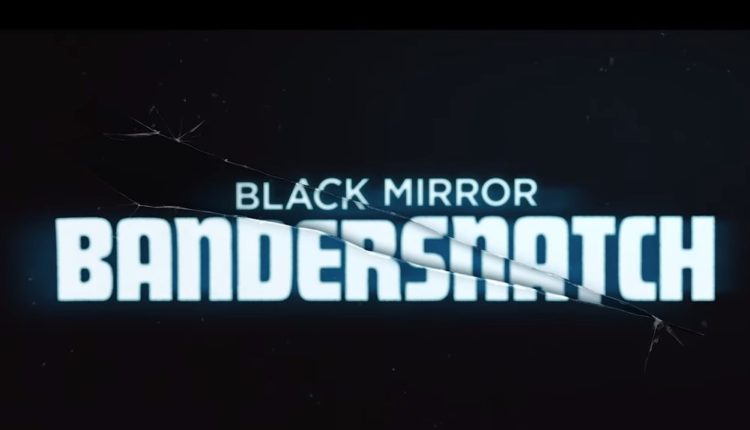Black Mirror: Bandersnatch | A Future Path for Entertainment?
Today (December 28) saw the surprise release of a Black Mirror film, Black Mirror: Bandersnatch. Named after an obscure 1980’s video game that never saw the light of day, it is truly unique in that it’s the first true interactive cinematic experience – even if no one will ever watch it in a cinema. It might also prove to be more revolutionary than any of us can imagine.
Let’s first take a look at how the story works in a practical sense. Before we begin the movie, we’re given a brief tutorial on how the interactive adventure works for us the viewer. We are given 10 seconds when faced with a prompt to make a decision for our protagonist, or else a decision will be made at random. Anyone that’s played an interactive game like Mass Effect, Heavy Rain, or Deus Ex, will be more than familiar with this choice system.
It’s clear that Black Mirror creator Charlie Brooker is utilizing the mechanics of these games in the crafting of Bandersnatch, which alludes to many other forms of media, from the video games mentioned before, to Pac-Man, the Matrix and Groundhog Day. Once we’re finished with the tutorial we are thrust into the life of our protagonist Stefan Butler, played by Fionn Whitehead of Dunkirk fame, a video game developer in 1984 England, who’s in the process of developing a revolutionary interactive adventure game based on a novel called Bandersnatch.
https://www.youtube.com/watch?v=XM0xWpBYlNM
Beginning like a video game, the first few decisions we, the audience, make are benign, such as which cereal to eat, or what music to play, but once we get the hang of the technology, Bandersnatch’s true nature begins to show itself, and we really begin to influence and affect the life of Stefan. Saying anymore would only serve to spoil a truly amazing piece of entertainment.
One of the primary reasons Black Mirror has proven to be so terrifying is that everything presented to us has been recognisable enough that we feel this could be actualised in the near future. Nothing in Black Mirror has ever gone down the Star Trek path of futurism, rather a more conceivable and believable route. Thus, it’s really possible that Charlie Brooker has gone and done it again and given us the next evolution of entertainment: the interactive narrative adventure. The ability of the viewer to influence the story of the movie they’re watching is an absolute game changer. While Brooker uses this technique as a narrative tool in Bandersnatch, it is conceivable that future movies produced by streaming companies such as Netflix will allow their viewers to influence the narratives of the movies they watch in a way that isn’t metaphysical.

Imagine the possibilities. People complain about the endings of movies all the time, but allow the viewer to change the story, and they get what they want every time. Imagine if viewers had the ability to change their favourite movies? You could save Jack, and let him and Rose live happily ever after; you could stop Ilsa getting on that plane with Victor, and have her run back into the arms of Rick. If you like your movies with happy endings, then you follow the happy ending path; if you like your movies tragic, then you follow the tragic path; if you like your movies ambiguous, then you follow that path. Everything could be decided by you!
It might not stop there. Maybe the technology will begin like this, similar to the tech used in Bandersnatch, where you click on the option you want in a video-game-esque fashion, but imagine Netlflix creating an algorithm that would decide the narrative path for you. Think about it. Netflix already curates your movie library, showing you movies you might like based on previous choices, what if it created a movie based on what you like? Spend a lot of time watching romantic dramas? Then Netflix’s newest movie will play out in the fashion of a romantic drama. Instead of creating content it thinks you’ll like, it’ll produce content it knows you’ll like, because it knows you and what you like to see.
Maybe some of this will come to pass, maybe none of it will. Based on the effect Black Mirror has had on popular culture since its beginning, and the predictions made that have come to pass in the real world, it’s entirely possible that this could be the beginning of the next-generation of entertainment products. A personalised narrative where you decide the ending.

